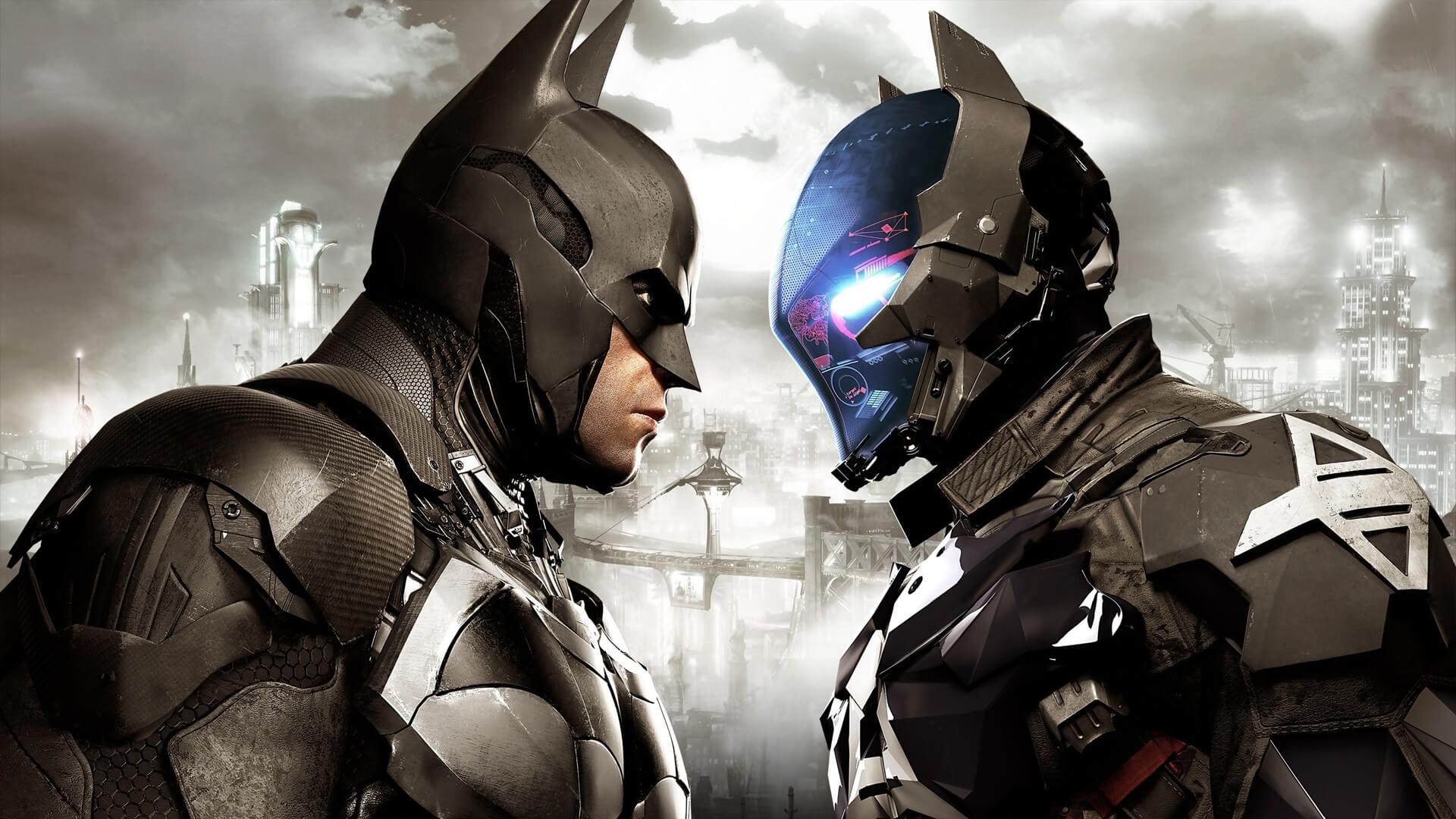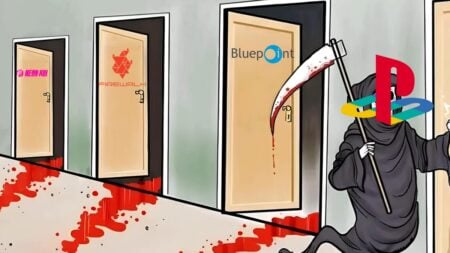Every year, the gaming world give us plenty of moments to cheer for, but, for every good one, there is always those that make us sigh deeply. This following list does not necessarily reveal the absolute biggest gaming sins made but offers a collection of facepalm moments that happened throughout the year.
1. Sony announces backwards compatibility….if you buy the games on the PSN

One of the biggest flaws of the PS4 and where Microsoft has been outshining Sony is in its lack of backwards compatibility with older PS3 games. Instead of giving the community the ability to finally put their older consoles up and play their games on the new platforms, Sony has been insistent on having people use their PS Now service in which you can pay a monthly fee to stream older games. Now, I am actually a huge fan of this because I jumped off the
Sony did announce this year that PS2 games would be playable and the people rejoiced…until they saw the conditions. Instead of being able to use the old discs to play, you had to download the games, that many people still own, from the PSN for around $16. While we all understand that the PS4 is using different components and software to run, there is no excuse for Sony’s unwillingness to get something going that would allow gamers to play their older games. You are losing out Sony and Microsoft is laughing all the way to the bank.
2. Rise of the underwhelming online only multiplayer games
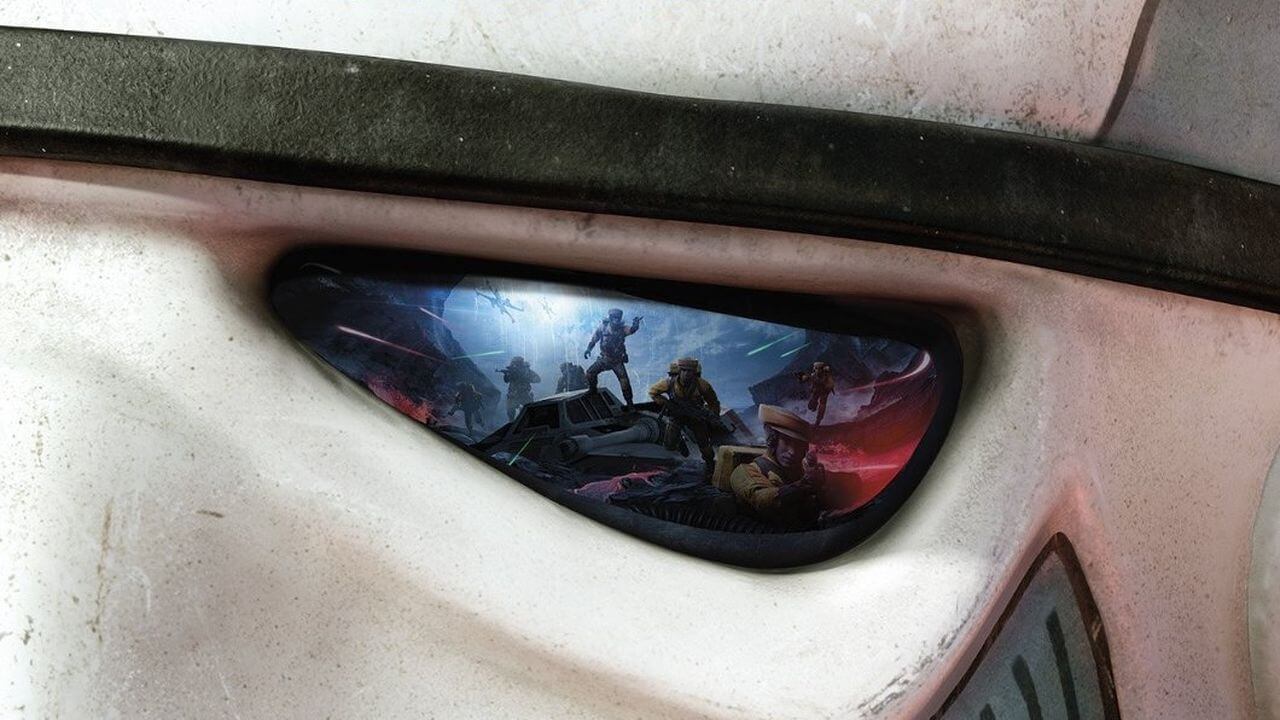
Star Wars Battlefront and Rainbow Six: Siege are two examples of a problematic thing going on in game development at the moment. Both games are parts of series that had respectable single-player modes and stories but were repackaged, this year, as only having an online multiplayer option with the thinnest of solo play content. Battlefront is a prime example of how to do this wrong. The fact that, to me, it is obvious that one can tell EA gutted the main game of its maps in order to sell them piecemeal through an online pass (which by the way, $50 for the other half of the game?). This made for a threadbare game that is likely to be fragmented soon due to having camps of people with the new maps unable to play with those who do not. Siege, while being a good game, has also fallen into the trap of not offering enough content for a multiplayer only game. Throw in microtransactions and we have another successful franchise with a game that is more of a black mark than a shining example.
This is some advice for the new year. If you want your online only games to be successful and do well, don’t just cut the multiplayer out of a single player game and sell it by itself. Give gamers a fully realized multiplayer experience that goes beyond having to share disc space with a Campaign mode.
3. Bethesda blacklisting of Kotaku
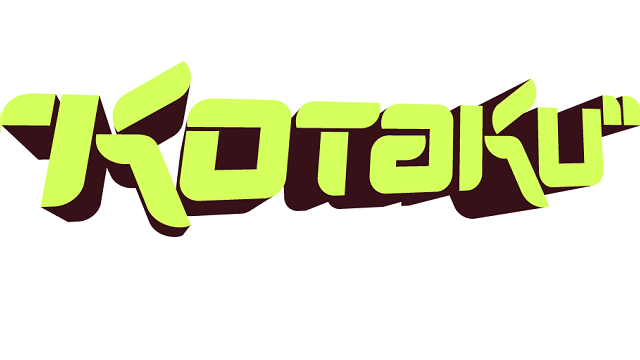
Regarding Fallout 4, a question was presented to Kotaku as to why they did not have more coverage of the anticipated sequel. Kotaku posted an article explaining that due to their covering leaks of Fallout 4, in the few years before the official announcement, Bethesda had blacklisted them from all Bethesda related events and coverage. Kotaku is a site that, on their good days, offers some of the best news you can get outside of the corporate PR approved material that is expected to run. The problem comes on their bad days when an exploding septic tank will cover you will less crap than what they have been known to spew. But, a blacklist is not a good thing for anyone in the gaming world.
This blacklist becomes a problem when it is less a move to keep information from getting out and more a reaction to something that Bethesda couldn’t keep from getting out. Blacklisting Kotaku is Bethesda making an example out of them, essentially saying, “If you step out of line and don’t do what we say, when we say it, this will happen”. It is indicative of what is wrong with gaming journalism, as a whole, since way too many places are willing to be extensions of PR departments and not actual sources that get good information out.
4. Console Wars: Part 2
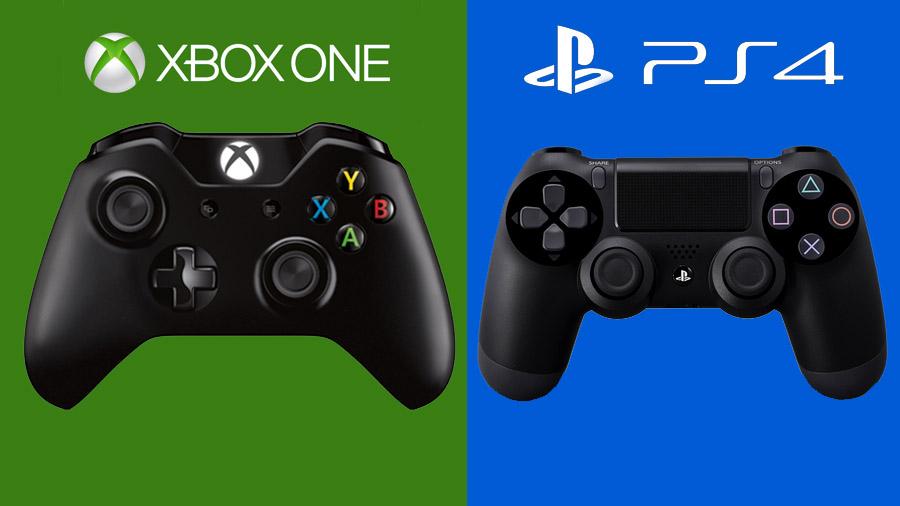
Console exclusive games have always been a core part of the decision to spend upwards of $500-$600 on a new generation console. Unlike PC gaming, system specs do not sell consoles as much as the games do. It was always expected that “in house” studios owned by companies like Microsoft and Sony would always be producing the next Halo or Uncharted and the third party developers like Ubisoft and EA would cover the middle ground with games like Assassin’s Creed and Battlefield. This year, we got two big examples of games that would have done even better had they not been, in some form, exclusive to their respective console, Bloodborne and Rise of the Tomb Raider.
Bloodborne did well in sales and was critically lauded, but it did not have the staying power of the Dark Souls games. This, in part, was a result of not having two full markets to continue supporting it. The memes, in-jokes, lore, wikis and how-to’s became prevalent with the PC versions of the Dark Souls games and helped lead to the staying power that Bloodborne has not demonstrated. Let’s hope From Software, maker of Bloodborne, takes this information to heart and avoids console exclusives in the future.
With Rise of the Tomb Raider we have the sequel to the Tomb Raider reboot and a game that is also blocked off from 2/3 of the market. The Tomb Raider reboot sold well, contrary to what Square Enix’s bad business models tell you, and was well-received by critics. It was hopeful the follow-up would continue this interesting interpretation of Lara Croft and let us see how she responds to her actions in the first game. Two-thirds of the market won’t know this for a set amount of time because Microsoft’s
5. Arkham Knight PC Issues
Arkham Knight was looking to be one of the most anticipated games this year from Rocksteady Studios with many fans of the acclaimed series ready to see how they were going to top Arkham City and close out their take on the Batman franchise. When the game launched, however, something very, very wrong happened.
On consoles, the game ran fine with only a few hiccups that have come to be expected in the era of being able to patch games after launch. The problem was on the PC version of the game. Framerate locked at 30 fps, only the most powerful systems able to run the game roughly and more bugs and crashes then any AAA game in recent memory outside of Assassin’s Creed: Unity. On top of these, internal memos leaked showing the game’s publisher, Warner Brothers, knew of these issues well before launch and Rocksteady did not even do the PC port of the game. Only with Steam recently offering full refunds on games and many copies returned, did WB pull the game from the storefront and put it back in development. It was relaunched four months later and in just as bad shape. Knowing this, WB has been on top of the ball, offering refunds to any dissatisfied customer who purchased the game on PC. At this point, it had nothing to do with playing nice and, most likely, everything to do with WB doing their best at damage control and saving face.
This is a disappointment on so many levels, but mainly due to how WB has treated their most profitable and popular superhero franchise to date. Instead of giving the caped crusader a proper send off in this game, they gave us a buggy, unplayable mess of a game to remember this great franchise by.
So, everyone, anything we missed? Something you found lackluster in the year we didn’t cover? Let us know in the comments below or on Facebook and Twitter.


